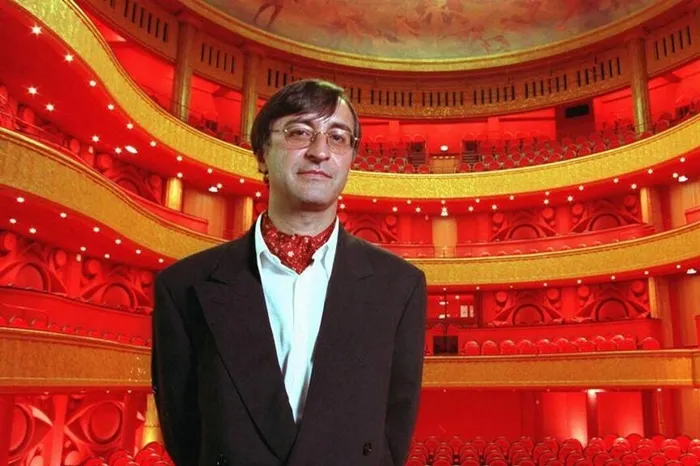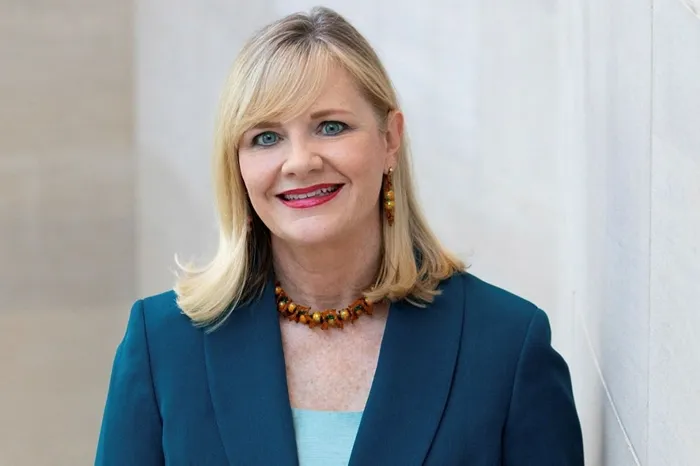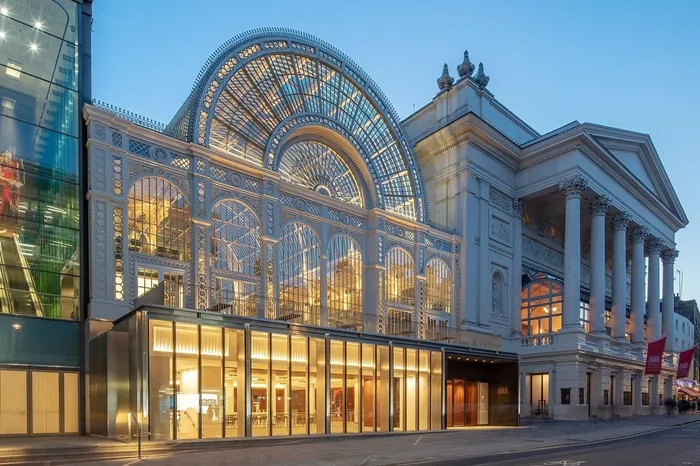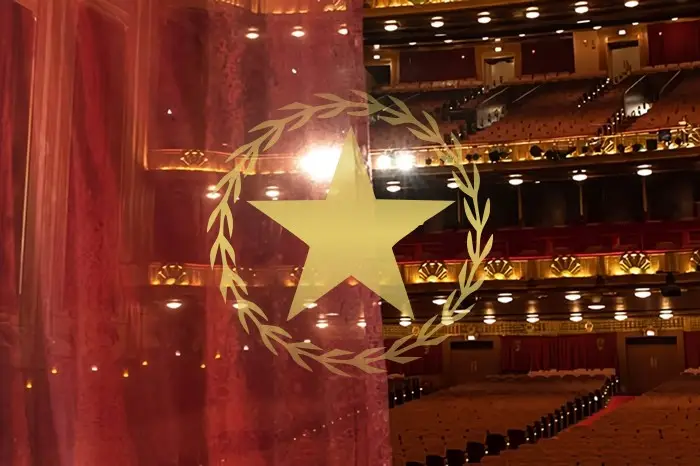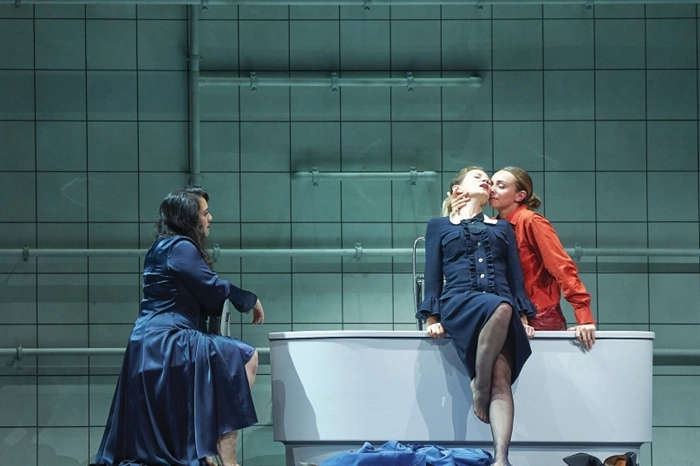
The Salzburg Festival, known for its classical music tradition, recently featured two new operas that exemplify regietheater, allowing directors to reinterpret opera staging in ways that diverge from the original intentions of the composers.
One standout performance was Mozart and de Ponte's "The Marriage of Figaro," which explores political themes and aristocratic privileges. Austrian director Martin Kušej took an unconventional approach by portraying Count Almaviva as the ruthless leader of a mafia syndicate. The overture featured the characters brandishing firearms, engaging in alcohol consumption, and experimenting with drugs.
Raimund Orfeo Voigt's minimalist stage design was set in a hotel, with sliding units transforming into various settings like a bar, bathroom, basement, parking lot, and garden. Under the direction of Raphaël Pichon, the Vienna Philharmonic delivered a refined performance of the score.
Kušej's production was filled with inventive twists, such as Susanna's encounter with Marcellina taking place in the ladies' room, involving toilet paper antics and slippery floors. Act 2 unfolded in a bathroom, with characters swapping places and Bartolo lighting his cigar with a gun, adding a unique charm to the proceedings.
André Schuen portrayed Almaviva as a character deeply immersed in criminal activities, quick to resort to violence. Count Almaviva's apology to the Countess lacked sincerity, and the production featured unconventional elements like a sexually suggestive painting in the background.
In Verdi's "Macbeth," directed by Krzysztof Warlikowski, the focus shifted to the Macbeths' infertility as the driving force behind their actions. The stage featured a dominant bench, and the witches wore masks and sunglasses with radiation warning symbols. Lady Macbeth's infertility was revealed during a gynecological examination, projected live above the stage.
Soprano Asmik Grigorian and baritone Vladislav Sulimsky delivered thrilling performances, with Grigorian's banquet scene being a highlight. Macbeth's descent into madness and castration added a unique dimension to the production. Bass Tareq Nazmi gave a sonorous performance as Banquo.
The Konzertvereinigung Wiener Staatsopernchor, under Jörn Hinnerk Andresen's direction, played a pivotal role, particularly in the powerful aria "Patria Oppressa." The production incorporated chilling scenes involving poisoned drinks and children.
Philippe Jordan's animated conducting occasionally overshadowed the singers but injected energy into Verdi's score.
In the revival of Gluck's "Orfeo ed Euridice," director and choreographer Christof Loy chose Gluck's rarely performed Parma version, enhanced by ballet music. The minimalist sets and elegant staging created a "total work of art" (Gesamtkunstwerk). Cecilia Bartoli's exceptional voice and acting prowess as Orfeo were captivating, and the performance showcased innovative elements, enhancing the festival's reputation for artistic exploration and musical excellence.
